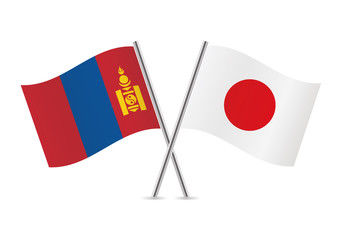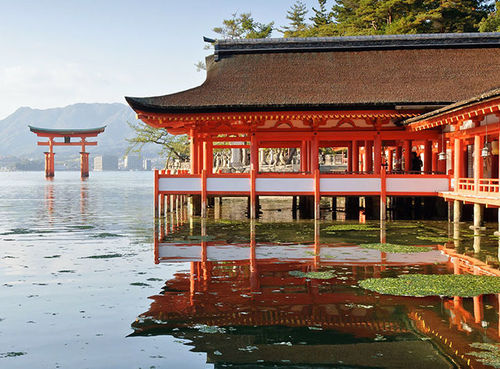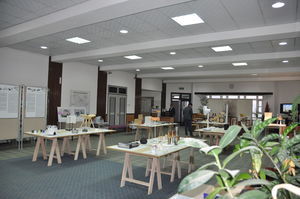MUTUAL UNDERSTANDING
Official Development Assistance from Japan
2012-01-15
Official Development Assistance (ODA) from Japan is a contribution to the resolution of many evolving challenges which the international community and developing countries face. The ODA to Mongolia started between 1977 and 1979, when the Gobi Cashmere Factory was established with assistance from Japan, the biggest donor to Mongolia.
Why does Japan assist Mongolia?
The social and economic reform that Mongolia has carried out to establish a democratic society since 1990
Sustainable development in Mongolia has a significant influence on the political and economic development of the region.
Mongolia has a weak economy and it continues to make the transition to a market economy.
Japan considers the following five aspects of Mongolia to be the most in-need
Strengthening the economy to accelerate industrialization (primarily infrastructure)
Building institutions and developing human resources necessary for promoting a market economy
Supporting the development of a comprehensive crop-livestock management model
Supporting municipal infrastructure (primarily education, health, and water)
Environmental protection
Technical cooperation
Dispatch experts. 339 experts have been appointed to Mongolia through 2001.
Training. 842 have received training through 2001.
Dispatch volunteers. 94 volunteers have been appointed to work in Mongolia through 2001.
Dispatch elderly volunteers. 10 elderly volunteers have been appointed to work in Mongolia through 2001.
Development research
Development research on natural resources in the Erdenet region.
Rehabilitation project on the 4th Thermal Power Plant in Ulaanbaatar.
The project for construction of the eastern arterial road and improvement of the related equipment.
A study on improving local telecommunications.
Grants
Сумдыг дизель мотороор хангах төсөл.
Project to supply soums with electricity generators.
Project for improvement of primary education facilities.
Capital city rehabilitation project.
Project to improve the fire fighting technology and equipment maintenance.
Railway transportation rehabilitation project.
During 1999-2002, multiple dzuds (lage amounts of snow combined with extreme cold temperatures, a natural disaster that occurs during the winter time) which were the most severe in the last 30 years occurred and were responsible for 2,400,000 livestock that damaged much of Mongolia’s economy and herders’ livelihoods. In 2000, the government of Japan rendered emergency assistance worth $10 million to Mongolia after damage from drought and dzud..






